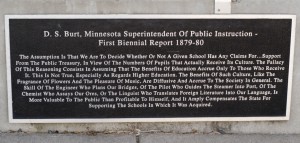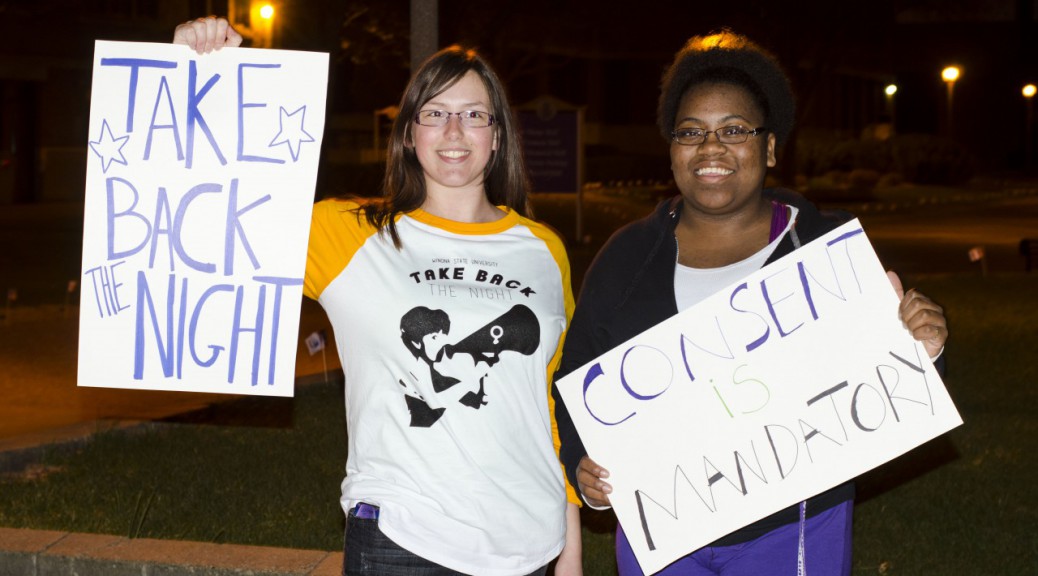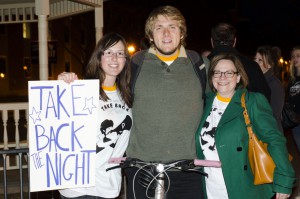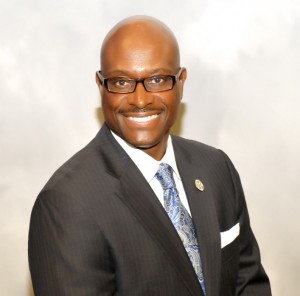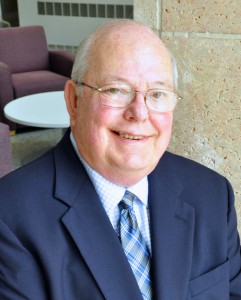by Tobias Mann & Tom Wick
The Winona State University Digital Life and Learning program, known around campus simply as the laptop program, started in 1997, when it began putting laptops in the hands of every full time student on campus.
In 2002 the program was made a mandatory part of attending WSU.
Today, students are offered their choice of a Mac or PC. As of summer 2014, WSU offered Apple’s Macbook Air and HP’s Elitebook 840.
These notebooks while sufficient for most university tasks fail to meet the needs of a subset of students and faculty.
Many departments such as graphic design require students to use a Mac. For many this means trying to get their computationally intense work done with the rather anemic Macbook Air.
For much of the work done in the graphic design department the laptops simply cannot cope with the workloads associated with 3D modeling.
Because of this, many students must spend long hours in computer labs sharing a limited number of machines just to get their course work done on time due to the computationally intense nature of encoding video or rendering 3D models.
This is true for many students in departments across campus including students in the Mass Communications and Engineering colleges.
Many electronic media students in the Mass Communications department are asked on a weekly basis to shoot and render high-definition video, a process that is painfully slow for the Macbook Air; it can take as long as fifteen minutes to render a 90 second video clip.
Senior broadcasting student Lina Tawfik said, she was glad the University offered laptops to students but was disappointed by how slow they are for working with video.
“It takes me longer, I feel like, on my Mac, than it did on my older PC, to finish rendering and exporting my videos,” Tawfik said. “And a couple of times it would just crash.”
Some students such as senior graphic design student Andrew Massat say they’d be better off using the money spend on the laptop program on a computer that met his needs.
“Winona State’s laptop program leaves something to be desired,” Massat said. “It’s very limiting in terms of how often it crashes because of a lack of resources.”
Winona State however, doesn’t plan on allowing students to opt-out anytime soon, according to Robin Honken, director of user services for IT.
“The faculty know exactly what hardware and software students have available to them and 90-95 percent of students are satisfied with what we do provide,” said Honken. Limiting possibilities has economic as well as pedagogical reasoning.
By limiting the number of machines offered it is easier to provide support, and it ensures replacement parts or even entire laptops are on hand so students don’t get behind if their laptop breaks, Honken said.
This economy of scale means that the first time a student breaks their laptop they are only assessed a $100 fine instead of the full cost of a replacement. Additionally, much of that nearly $500 per-semester fee goes to support infrastructure like campus Wi-Fi and email systems.
Even with only two different models of laptop available to students at any given time, there are at least seven different laptops in service.
“For every machine we add the support costs increase exponentially,” said Honken.
The university saves money by buying in bulk, but that isn’t possible when buying in small quantities, Honken said.
WSU IT is working with academic departments to provide labs with more specific hardware, but the costs are significant. The engineering department has a lab full of high-end PCs and the mass communication department is currently designing a trans-media lab to teach interactive media.
However, according to Honken at this time there are no plans to provide lab type machines for the trans-media lab.
The graphic design department took the issue into their own hands last year, when they received a grant to purchase two base-model Mac Pros, each valued at more than $3000 apiece.
According to Massat, the Mac Pros are in use pretty much 24/7 for tasks like rendering and encoding.
The new Mac Pros join a handful of aging Mac Pros already there, but the 6-8 machines are still spread thin by the sheer number of students in need of them.
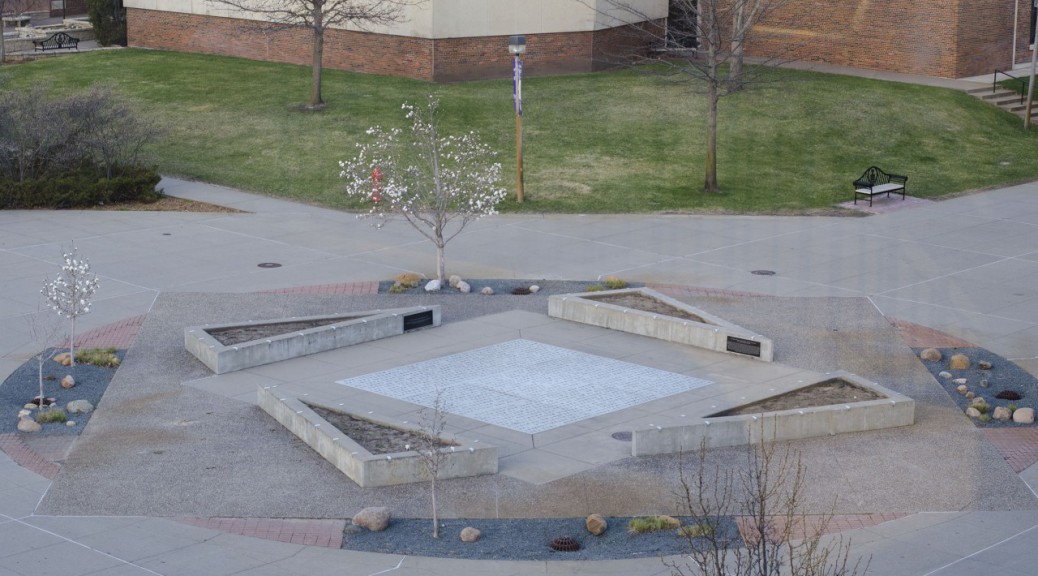
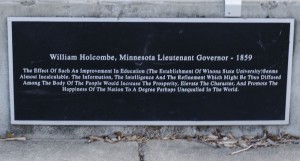
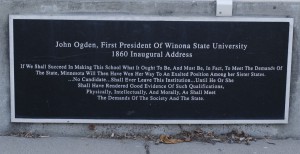
![The third quote in the series repeat's E.S. Youman's want of a [normal] school.](https://educate.winona.edu/winona360/wp-content/uploads/sites/2/2015/05/Gerard_Article4_Quote3-300x142.jpg)
